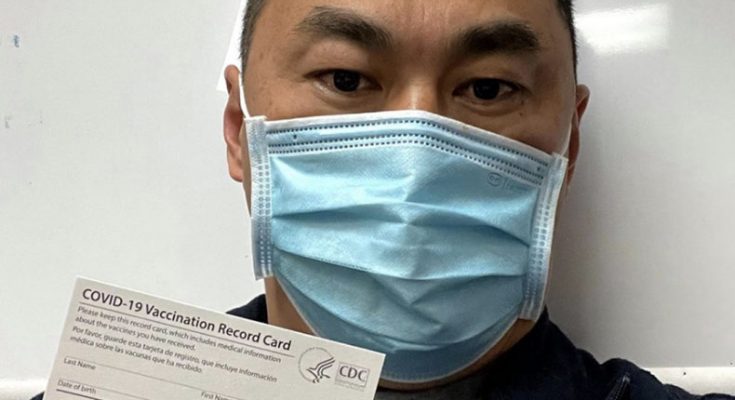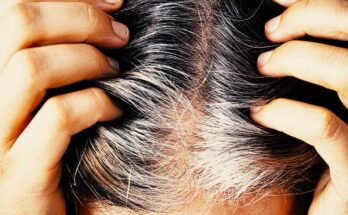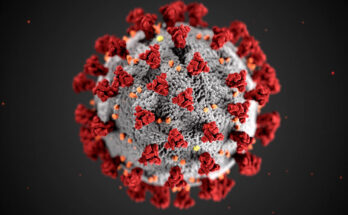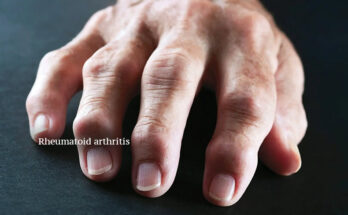We have to keep in mind that COVID-19 infection may happen before having two doses of Pfizer’s vaccine. Image Courtesy – ABC Action News
Even after taking the first dose of the vaccine, there may be no relief from COVID-19 infection. An American critical-care nurse was infected by COVID-19 seven days after vaccinated with the Pfizer vaccine. Questions have already been raised about why the infection occurred even after taking the dose of the vaccine.
Matthew W, a 45-year-old nurse, works in the COVID ward of the two hospitals in California. He was also placed on the vaccine’s priority list to stay in touch with COVID-19 patients day and night. Matthew recently posted a long post on his Facebook account stating that he had taken a dose of vaccine on December 16, 2020. But as the week went on, he got infected.
Matthew told that he had been showing signs of corona infection since before Christmas. After the Covid test, a positive result came out. The nurse said he had a fever with frequent shivering. The body was getting cold. He also got muscle pain along with drowsiness.
Questions have been raised about how Corona contracted the infection after being vaccinated by Pfizer. Many have also questioned the effectiveness of the vaccine.
Christian Rammers, an infectious disease specialist at the San Diego Family Health Center, said that the same thing happened during the vaccine trial. This phenomenon is not uncommon. This is because the body begins to develop immunity 14 days after the first dose of the vaccine.
Read: UK experienced more infectious coronavirus strain linked to South Africa
Antibody production begins after the second dose. It is commonly seen that the first dose of the vaccine enters the body and works 50%. Immediately after the second dose, 95% of the immunity begins to develop. Therefore, it will take some time for the vaccine to enter the body and work. If someone comes in contact with the COVID-19 patients before developing immunity, then the infection can enter the body. He needs to be more careful. So, two doses of Pfizer’s vaccine are required for complete protection.
Pfizer’s vaccine showed severe allergies or anaphylaxis in the bodies of British health workers. An American health worker had a similar allergic reaction. According to the US FDA, anaphylaxis is a ‘severe allergic reaction’. This disease can be caused by food, medicine, or poisoning. Many people are also allergic to eggs, milk, nuts, or to several food items. Anaphylaxis is much more painful than common allergies. In the case of anaphylaxis, there is a rash all over the body, nausea, headaches, etc. Blood pressure may drop suddenly and pulse rate may decrease. Severe allergies can lead to death also.
Vaccine experts say that the Pfizer vaccine contains a substance called ‘polyethylene glycol’ that can cause allergic reactions. This polyethylene glycol enhances the effectiveness of vaccines that are not available in other vaccines. However, this ingredient will not cause such a reaction in everyone’s body.
Pfizer said that their vaccine is completely safe and secure in the human body. The US pharma giant also claims that their vaccine can protect against the virus for a long time.
Dr Christian Ramers, Infectious Disease Specialist at San Diego, told that patients do not instantly develop protection after being vaccinated. The observation from the vaccine clinical trials revealed that it takes around 10 to 14 days to develop protection from the COVID-19 virus after having the vaccine. A human being still needs a second dose of the Pfizer vaccine for full protection. That means, the first dose of the vaccine will give you around 50% protection, and for 95% protection, you will need the second dose.





